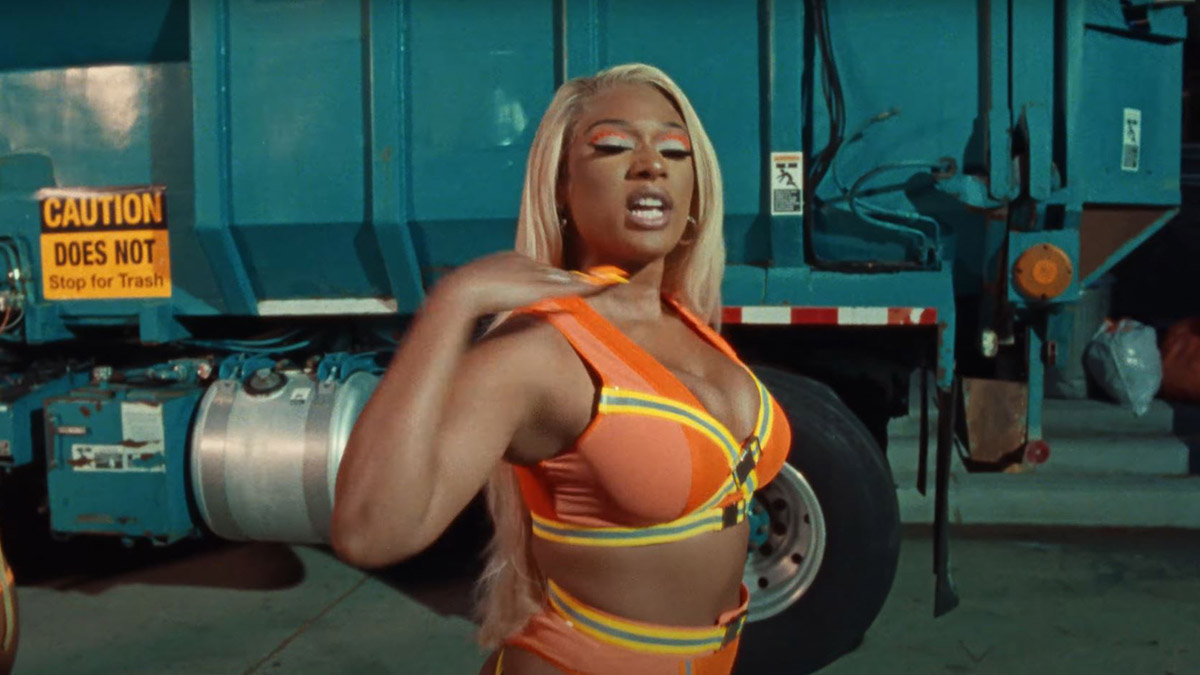4 Must-Read Books to Start Learning About Black Feminism

In celebration of Black History Month and the upcoming Women’s History Month, this is a list of some essential and accessible reading to familiarize yourself with Black feminist thought.
While Black feminist ideas have existed for well over 150 years, they rose in prominence as a response to the 2nd wave of feminism in the 1960s. In its simplest terms, Black feminism looks at gender, class, race, sexuality, and more together, because people are complicated. This doesn’t mean the books are hard to parse, though. Most of these books were outright rejections of any feminism that fails to see women beyond university walls.
These ideas have trickled onto the internet and wider public conscience to most influential women in pop culture are engaging with it. This is not just Beyoncé a few years ago, but now Megan Thee Stallion with her 2020 New York Times editorial and her 2021 music video “Thot Sh*t.” Her first lines of the video are not the song but, instead, her telling a politician:
“The women that you accidentally trying to step on are everybody that you depend on. They treat your diseases. They cook your meals. They haul your trash. They drive your ambulances. They guard you while you sleep. They control every part of your life … Do not f*ck with them.”
Much of my own intentional engagement with these ideas comes from great essayists and conversation starters looking at these pop-cultural moments through a Black feminist lens, like YouTube creators Joulzey, Franchesca Ramsey, and Kimberly Nicole Foster (For Harriet.) Then, in grad school, I was blessed with amazing professors and found channels like The Mary Sue’s own Princess Weekes, who widened my understanding and applied in different contexts. In the last two years, this has expanded to Khadija Mbowe, Tee Noir, Kat Blaque, and F.D Signifier.
Feminism Is for Everybody: Passionate Politics by bell hooks
(Routledge)
hooks designed Feminism Is for Everybody to be as accessible as possible, and that is why I had to put it first. Sitting at under 130 pages, it lays out a basic framework of what feminism is and how it touches our daily lives (even those who don’t call themselves feminists). Totaling 19 chapters, each section (generally a few pages long) covers a very specific topic in women’s lives like beauty, health, marriage, parenting, violence, and more.
Try Feminism Is for Everybody before diving into her more notable work like All About Love: New Visions and Ain’t I a Woman: Black Women and Feminism.
Hood Feminism: Notes From the Women That a Movement Forgot by Mikki Kendall
(Viking)
Of all the books on this list, Kendall’s Hood Feminism is probably the most recognized. Her book continues to sit on bestsellers lists since its February 2020 release. In the collection of essays, Kendall uses data and personal stories to critique the shortcomings of white feminism and feminism that fails to advocate for all women’s basic needs.
Kendall told PBS, “Hood Feminism is the feminism of the working class. People who live in inner cities, rural communities who absolutely have to make a way out of no way regardless of jargon and banner buzzwords. It’s not that identity doesn’t matter, it’s that survival comes first.”
Sister Outsider by Audre Lorde
(Crossing Press)
First published in the early ’80s, this collection of essays and speeches delves into topics like love, war, violence, ageism, sexism, homophobia, class, and mobilization.
Like hooks, Lorde’s work spans decades. When putting this list together, there were so many published works between the 1970s and 2000s to include, but we couldn’t include them all. Lorde and hooks made the list, but also worth exploring are the writings (and YouTube lectures) of Angela Davis, Patricia Hill Collins, and the women of the Combahee River Collective.
Bad Fat Black Girl: Notes From a Trap Feminist by Sesali Bowen
(Amistad Press)
Bowen’s essays confront sexism, capitalism, fatphobia, respectability politics, and the historical riffs in the Black community in terms of gender. In coining the term “trap feminism,” Bowen seeks to use this as a catalyst for discussing where feminism for Black women and femmes meets with hip-hop.
The way the girls are talking about this novel reminds me of the discussions had about the 1994 text by (now) Dr. Joan Morgan’s When Chickenheads Come Home to Roost: A Hip-Hop Feminist Breaks It Down. The discussions on rape culture, misogynoir (where sexism meets anti-Black racism), and sexuality have changed a lot in 20 years, which is where Bowen’s 2021 work comes in.
(featured image: screencap)
The Mary Sue may earn an affiliate commission on products and services purchased through links.
—The Mary Sue has a strict comment policy that forbids, but is not limited to, personal insults toward anyone, hate speech, and trolling.—
Have a tip we should know? tips@themarysue.com